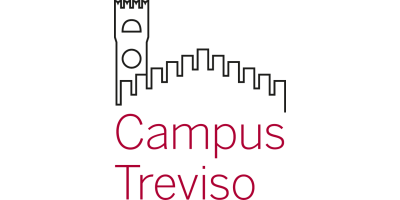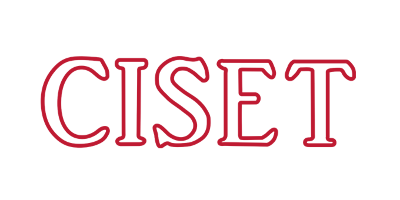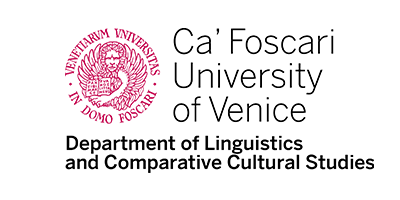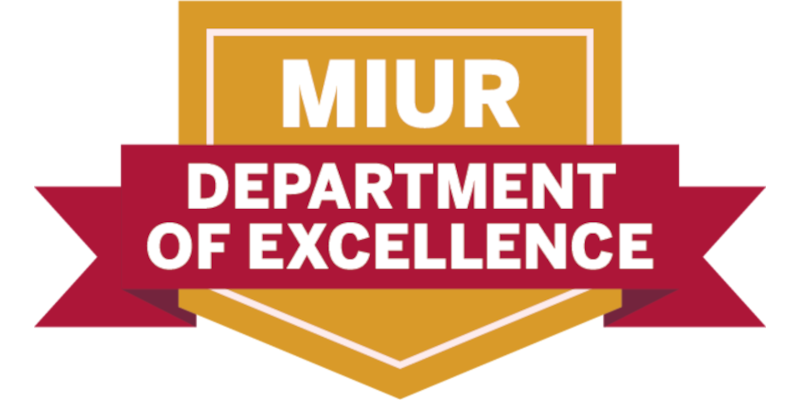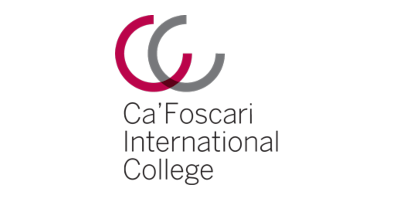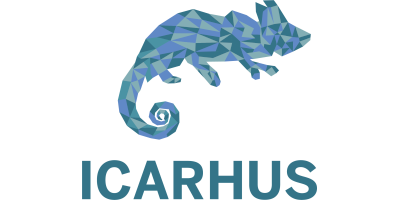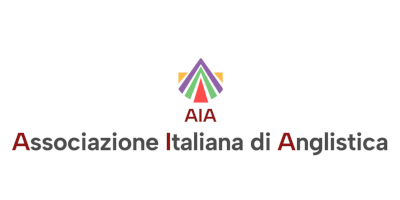Summer School Authenticity, Adaptability and AI
Balancing Trust in Translation and Intercultural Communication
- When: 9-13 June 2025
- Where: Palazzo San Paolo (at CISET), Riviera Santa Margherita 76, Treviso (Italy)
- Organization by: Ca' Foscari University of Venice and CISET - International Centre of Studies on the Tourism Economy
- Contacts:
- coordinator Prof. Mirella Agorni; tutors Giulia Cavalli and Viviana Mauro
- for further information iniziative.treviso@unive.it and viviana.mauro@unive.it
Partners
Overview
Originally rooted in tourism studies, the concept of authenticity is applied to critical issues in translation and intercultural communication. In tourism, authenticity includes:
- objective authenticity (genuineness of cultural artefacts)
- constructive authenticity (influence of social and cultural narratives)
- existential authenticity (individual experiences seeking meaningful connections)
This multidimensional view emphasises that authenticity is not only about preserving the meanings of the original, be it a source text or other semiotic resource, but also about how it is perceived and experienced by different audiences. In translation and intercultural communication, authenticity is about more than the reproduction of content; it is also about the construction, adaptation and perception of meaning in different contexts.
This workshop will explore how authenticity is constructed in an era increasingly influenced by AI. While AI tools offer increased efficiency and accessibility, can they truly capture cultural depth without human input? Revisiting the concepts of trust and cultural adaptability, we will explore the perceived divide between technological and human performance.
- In-depth understanding: gain a nuanced understanding of authenticity beyond traditional content reproduction, exploring its construction, adaptation, and perception in different intercultural contexts.
- Critical thinking: enhance your ability to critically evaluate the role of AI and human input in intercultural exchange, with a focus on the concepts of trust and adaptability. Gain insight into how these factors shape the construction and perception of meaning.
- Research enhancement: enhance your research skills by engaging with advanced theoretical frameworks, methods and tools for the empirical investigation of translation and intercultural communication.
- Networking opportunities: connect with peers and international experts in the field, expanding your professional network and collaborative potential.
- Practical applications: explore practical implications for real-world translation and communication practices, getting ready for future challenges in the field.
- Understanding authenticity in intercultural exchanges:participants will develop a comprehensive understanding of the multidimensional aspects of authenticity and their relevance to translation and intercultural exchanges
- Appreciate AI’s impact: participants will gain insights into the impact of technologies and AI tools on different aspects of intercultural communication. They will apply concepts of trust and adaptability to assess the potential and limitations of AI, and deepen their understanding of the role of technologies for different communicative contexts and purposes
- Enhanced research and networking skills: participants will improve their research capabilities through engagement with cutting-edge debates, tools and methods, and expand their professional network by connecting with experts in the field
- Engaging in collaborative analysis: participants will collaborate with peers from various academic backgrounds, engaging in discussions that integrate theoretical frameworks and practical applications to address contemporary issues in translation and intercultural communication
Teaching methods
Lectures, seminars, interactive workshops, collaborative working groups. Invited speakers will provide a reading list before the start of the activities.
The Summer School requires full-time on-site attendance, and will be hosted by Treviso Campus of Ca’ Foscari University. Lectures and tutorials will be in English, with the following schedule: Monday to Friday, 9.30 am - 1.00 pm and 2.30 pm - 4.30 pm.
Lecturers
- Prof. Silvia Bernardini, University of Bologna, Italy
- Prof. Ilse Feinauer, University of Stellenbosch, South Africa
- Prof. Adriano Ferraresi, University of Bologna, Italy
- Prof. Federico Gaspari [ITA], Università Telematica San Raffaele of Rome, Italy
- Prof. David Katan [ITA], University of Salento, Italy
- Dr. Adrià Martín-Mor, Ph.D., California State University Long Beach, US
- Prof. Loredana Polezzi, Stony Brook University, US
- Prof. Anthony Pym, University ofi Melbourne, Australia; Distinguished Professor of Translation and Intercultural Studies at Universitat Rovira I Virgili, Spain
- Prof. Andrea Rizzi, University of Melbourne, Australia
- Dr.Giulia Togato, Ph.D., California State University Long Beach, US
Target audience
Who is it aimed at
36 participants, distributed as follows:
- 8 places reserved for MA and PhD students from Advanced Schools recognised by the Italian Ministry. There is no fee and accommodation will be provided free of charge. Priority will be given to students working on their final theses
- 8 places for MA and PhD students from Ca’ Foscari University, which will be offered free of charge. Preference will be given to students working on their final thesis
- 20 places for participants from other national and international institutions: MA and PhD students in translation, interpreting, intercultural communication, cultural studies, and related disciplines; trainers, researchers and professionals with academic backgrounds in these fields
Requirements
Good knowledge of English (expected level B2+ or C1 of the Common European Framework of Reference for Languages - CEFR).
How to apply
To apply, fill in and submit the application form by 10th May 2025.
Admitted participants will be notified via email by 15th May 2025.
Fees
300 euros. This includes 30 academic hours of tuition over 5 days, coffee breaks and lunches. Deadline for fee payment: 20th May 2025.
Coffee breaks and lunches will be provided onsite, please indicate any allergies or intolerances in the application form.
Last update: 23/04/2025

